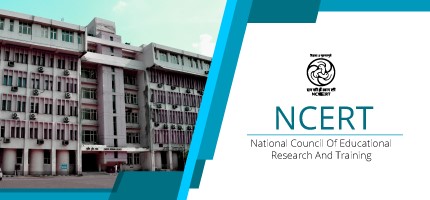New Delhi: In a significant development, the National Council of Educational Research and Training (NCERT) has achieved deemed university status, as announced by Education Minister Dharmendra Pradhan on the occasion of the Council’s 63rd foundation day. This recognition grants NCERT the authority to confer its own graduate, postgraduate, and doctoral degrees, marking a substantial expansion of its influence in India’s educational sphere.
“NCERT has been designated as a deemed-to-be-university. It has made a substantial impact on research, actively influencing school education, teacher training, and adult literacy. With NCERT’s transition into a research university, it will open doors for global collaborations,” stated Pradhan.
As the leading organization for school education in India, NCERT is engaged in various activities and programs, including educational research, curriculum development, and the creation of educational materials.
Pradhan also proposed the integration of Bal Bhavans and Bal Vatikas (child-centric learning centers) into NCERT, envisioning a comprehensive educational approach designed to provide holistic education to children.
The deemed-to-be-university status awarded to NCERT falls under the ‘de novo’ category. This designation allows NCERT to apply to the University Grants Commission (UGC) for the establishment of a new institution as a deemed university, specializing in the study and research of emerging areas of knowledge not currently offered by existing institutions. In addition to granting degrees to teachers, NCERT will have the autonomy to determine the courses it wishes to offer.
Furthermore, Pradhan proposed the establishment of augmented reality, virtual reality, and artificial intelligence labs at NCERT’s regional centers.
This development is poised to further elevate NCERT’s role in shaping India’s educational landscape by strengthening its research capabilities and expanding its academic offerings.













